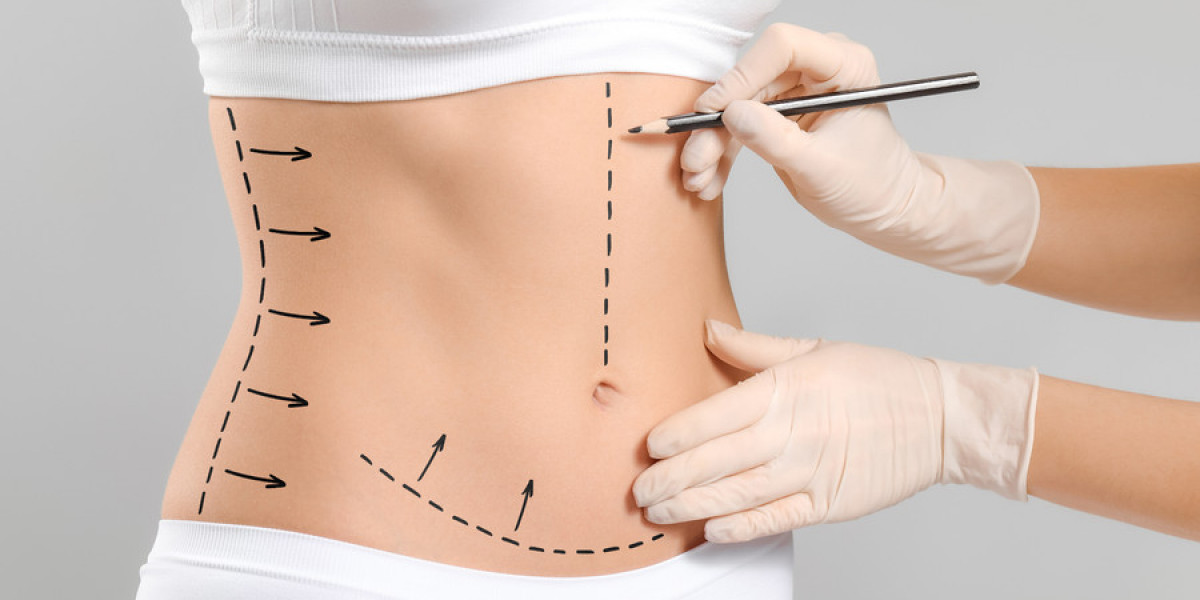Liposuction is one of the most popular cosmetic surgeries worldwide, including in Islamabad, where many seek to reshape their bodies and remove stubborn fat deposits. While the procedure is generally safe when performed by skilled professionals, it’s important to understand that liposuction — like any surgery — carries certain risks. Knowing these risks and the safety measures followed by reputable clinics in Islamabad can help you make an informed decision and feel confident about your choice. Liposuction in Islamabad offers a safe, effective solution for those looking to achieve a more sculpted and confident appearance.
Understanding Liposuction and Its Risks
Liposuction involves the removal of fat cells through small incisions using suction devices. It can be performed on various body parts like the abdomen, thighs, arms, chin, and back. The procedure improves body contours but does not replace a healthy lifestyle or weight loss methods.
Although liposuction has a good safety record, patients should be aware of potential risks, including:
1. Infection
Any surgery carries a risk of infection, especially if incisions aren’t properly cared for or if the clinic does not maintain strict hygiene protocols. Infection can cause redness, swelling, pain, and sometimes fever.
2. Bleeding and Hematoma
Excessive bleeding during or after surgery is rare but possible. A hematoma (a collection of blood under the skin) can occur, causing swelling and discomfort.
3. Fluid Imbalance and Toxicity
Liposuction involves injecting fluids into the treated area, which are later suctioned out along with fat. If fluids are not properly managed, patients may experience fluid imbalance, electrolyte disturbances, or even toxicity.
4. Contour Irregularities
Uneven fat removal can lead to bumpy, wavy, or asymmetrical skin surfaces. This risk depends on the surgeon’s technique, the area treated, and individual healing responses.
5. Nerve Damage
Temporary or rarely permanent numbness or altered sensation may occur near the treated area if nerves are affected during the procedure.
6. Blood Clots and Deep Vein Thrombosis (DVT)
Though uncommon, fat embolism (fat entering the bloodstream) or blood clots can cause serious complications like DVT or pulmonary embolism.
7. Scarring
Although incisions for liposuction are small, scarring is possible. Proper wound care and following surgeon instructions can minimize this risk.
Safety Measures Followed by Islamabad Clinics
Reputable clinics in Islamabad take numerous steps to reduce risks and ensure patient safety before, during, and after liposuction:
1. Pre-Surgical Assessment
A thorough evaluation of your health status is crucial. Good clinics will:
Review your medical history
Conduct physical exams and necessary tests
Discuss medications or supplements that might affect surgery
Assess whether you’re a good candidate for liposuction
This step helps identify any health issues that might increase surgical risks.
2. Experienced and Qualified Surgeons
Choosing a board-certified plastic surgeon or cosmetic specialist with extensive liposuction experience is the best way to minimize risks. Skilled surgeons use precise techniques and understand body anatomy to avoid complications.
Many Islamabad clinics highlight their surgeons’ qualifications, training, and past patient results to reassure prospective clients.
3. Sterile Operating Environment
Clean, sterilized surgical environments reduce infection risks significantly. Clinics with modern operating rooms and strict infection control protocols follow international hygiene standards.
4. Use of Advanced Equipment
Modern liposuction techniques like Vaser or laser-assisted liposuction often provide better control, less trauma, and fewer side effects than older methods. Clinics investing in updated equipment contribute to safer procedures.
5. Anesthesia Safety
Liposuction may require local or general anesthesia, depending on the extent of the procedure. Qualified anesthetists monitor patients carefully to maintain safe sedation levels and quickly respond to any issues.
6. Post-Operative Monitoring
After surgery, patients are closely observed in recovery rooms to monitor vital signs and detect any immediate complications. Clinics often schedule follow-up visits to track healing and address concerns promptly.
Your Role in Ensuring Safety
While clinics and surgeons play a major role in minimizing risks, patients also share responsibility. Here are some key steps you can take:
1. Choose the Right Clinic
Research clinics carefully. Look for those with a strong reputation, qualified staff, clear communication, and transparent pricing. Don’t rush your decision.
2. Disclose Full Medical History
Be honest about your medical conditions, medications, allergies, and lifestyle habits (like smoking). This helps your surgeon tailor the procedure and reduce risks.
3. Follow Pre- and Post-Operative Instructions
Your surgeon will give you detailed guidelines before and after surgery, such as avoiding certain medications, fasting before surgery, wearing compression garments, and activity restrictions. Following these instructions closely supports safe healing.
4. Avoid Smoking and Alcohol
Both can impair healing, increase infection risks, and cause complications during anesthesia. Most surgeons recommend stopping smoking weeks before and after liposuction.
5. Report Any Symptoms Immediately
If you experience excessive pain, fever, unusual swelling, redness, or discharge from incisions after surgery, contact your clinic immediately.
Conclusion
Liposuction in Islamabad can be a safe and effective way to reshape your body, but understanding the potential risks and safety measures is essential before proceeding. By choosing experienced surgeons, reliable clinics, and following all medical advice, you can minimize complications and enjoy satisfying, long-lasting results.
Remember, the key to a successful liposuction experience isn’t just the surgery itself — it’s the combination of professional care and responsible patient involvement.













